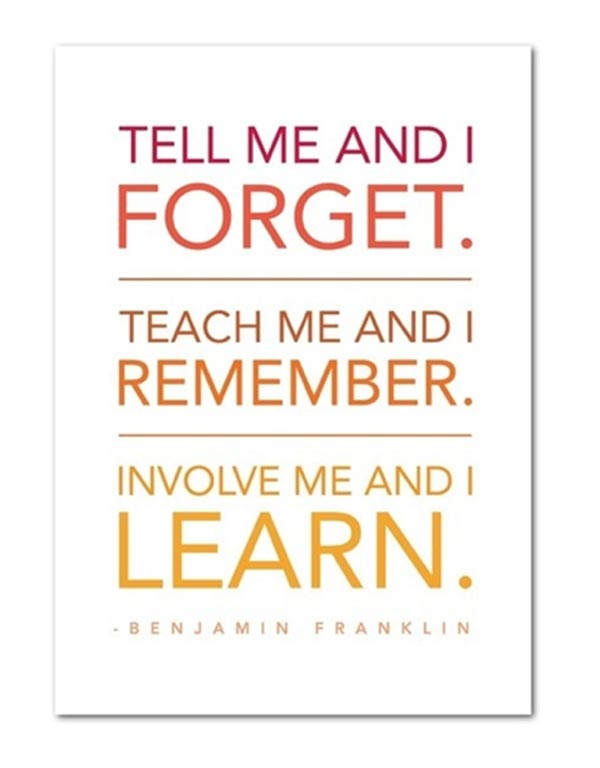At Holy Trinity Catholic Primary School, we believe in a student centered pedagogy where students’ individuality, interests, passions and spirituality shape our teaching. Teaching is driven by the issues and big questions that matter to children.
Teaching is intentional and purposeful to provide a rich and relevant curriculum. Evidence-based teaching strategies are employed to create engaging experiences that promote deep learning. Teachers plan collaboratively based on evidence of student learning and the needs of the students.
Teaching acknowledges the important role that parents play as their children’s first and primary educators and value and foster positive partnerships with parents.
Teaching at Holy Trinity Catholic Primary School engages student’s strengths to promote and develop the dispositions of creativity, resilience, persistence, adaptability, empathy, collaboration, reflection.
Discovery Learning
The children at Holy Trinity will participate in an Inquiry Approach to teaching and learning, providing them with the opportunity to develop as lifelong learners who have the capacity to think and know how to learn.
The inquiry pedagogy allows learners to make sense of their world by making connections and building on their prior knowledge. In this approach learners are given greater independence to implement their own learning. It also helps learners to increase their awareness of the different styles of learning while creating different levels of challenge.
Strategies for problem solving, organising and sorting, thinking creatively and reflecting can be used in many different aspects of the school curriculum and applied to life beyond the school.
In the inquiry based classroom there is increased emphasis on real life situations, decision-making, problem solving, research and action. Learners are actively:
- exploring, wondering and questioning
- experimenting and playing with possibilities
- making connections between previous learning and current learning
- making predictions and acting purposefully to see what happens
- collecting data and reporting findings
- clarifying existing ideas and reappraising perceptions of events
- deepening understanding through the application of a concept
- making and testing theories
- researching and seeking information
- solving problems in a variety of ways

Differentiation
Differentiation involves teachers designing learning experiences that match learners readiness levels, learning styles and interests. All learners learn differently, and differentiation is how teachers react responsibly to different learning needs.
Discovery and differentiation are closely linked because both strive to actively engage learners in learning, provide learners with choices for their learning and help them construct new understandings. At Holy Trinity we believe that every learner should be challenged to grow in their skills, knowledge and understandings, moving beyond where they are at the beginning of the school year.
Differentiation ensures that every learner demonstrates growth. Differentiation can take many forms, some of which are more visible and others which are more subtle.
At Holy Trinity, teachers know their students and respond to their social, emotional, cognitive and spiritual needs. Teaching is designed around students’ needs and interests and assessment information is used to monitor each student’s growth and progress.
